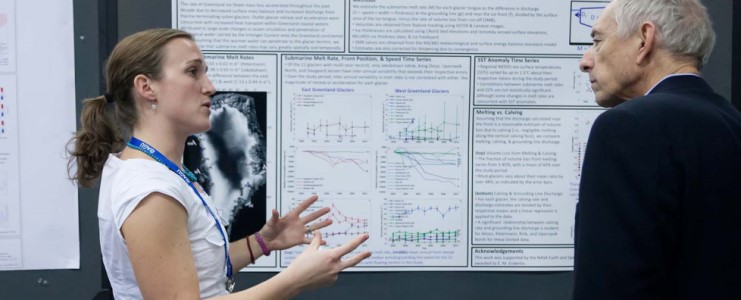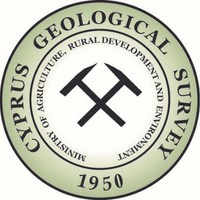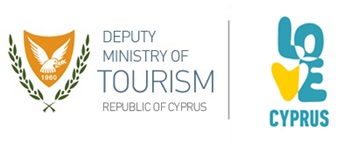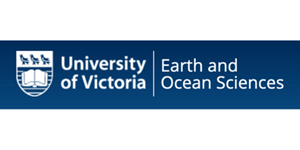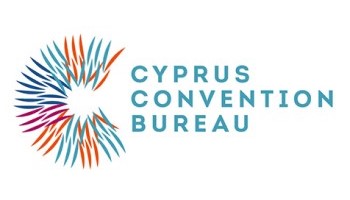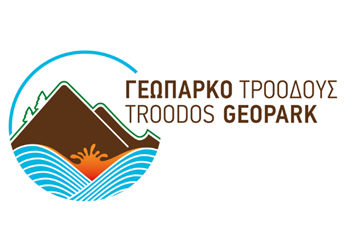
Chapman
Hydrothermal Circulation and Seawater Chemistry: What’s the chicken and what’s the egg?
Agros, Cyprus | 15-19 May 2023
The Scientific Program is now live!
About the Meeting
This meeting will provide a forum for discussing of the role of both on- and off-axis hydrothermal fluxes in regulating ocean biogeochemistry and the Earth system, and the feedbacks between the Earth’s surface environment and hydrothermal fluxes. The meeting will consider all timescales from the modern (e.g., insights and outstanding questions based on recent GEOTRACES work) through to the role of hydrothermal systems on the early Earth and exoplanets (e.g., waterworlds). We aim to bring together researchers from diverse research fields with the hope of initiating new interdisciplinary research.
The meeting will occur over five days with three days of oral and poster presentations and associated discussion, and two days in the field in the Troodos ophiolite (Cyprus) – a uniquely well-preserved section of ancient oceanic crust. Field days will be designed for the non-expert, and no geological experience will be required to fully participate.
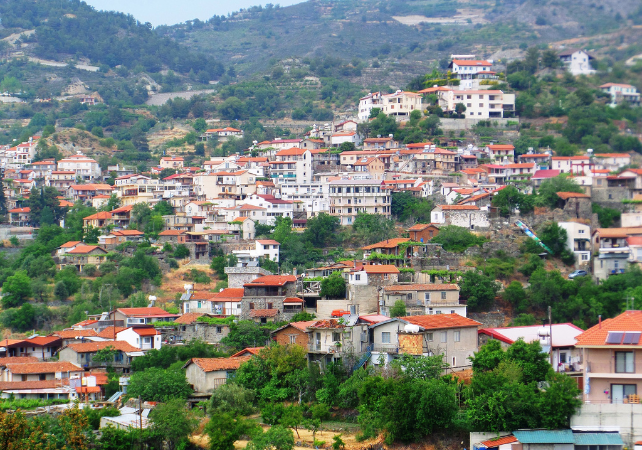
Who should attend
We invite participants from all disciplines; however, we encourage participants from chemical oceanography, Earth system modelling, marine geology, paleoceanography, paleoclimatology, Earth history, geochemistry and related fields to attend.
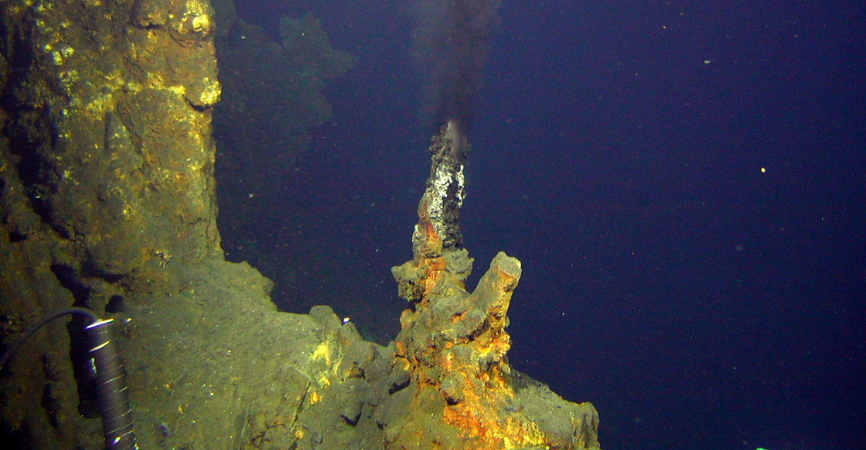
Abstract Themes
Abstracts should fit into one of the following five session themes:
- Session 1: What processes and boundary conditions control high-temperature (on-axis) hydrothermal fluxes?
- Session 2: What processes and boundary conditions control low-temperature (off-axis) hydrothermal fluxes?
- Session 3: How and why do hydrothermal fluxes vary in space and time in the modern and recent ocean?
- Session 4: How and why did hydrothermal fluxes vary over the Phanerozoic under different boundary conditions?
- Session 5: What might control hydrothermal fluxes on habitable exoplanets and the early Earth?
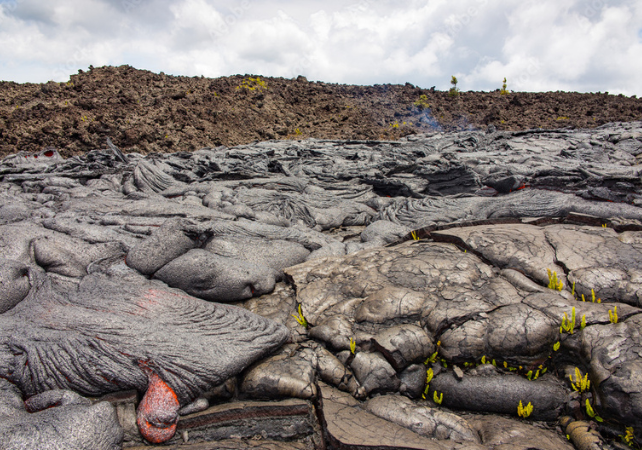
Confirmed Participants
The following list shows the confirmed invited speakers for the conference.
Bill Seyfried, University of Minnesota, USA
Roz Coggon, University of Southampton, UK
Jessica Fitzsimmons, Texas A&M University, USA
Lee Kump, Penn State University, USA
Ben Tutolo, University of Calgary, Canada
Xin Zhang, Institute of Oceanology, Qingdao, China
Danielle Santiago-Ramos, Rutgers University, USA
Sambudha Misra, Indian Institute of Science, India
Rachel Lauer, University of Calgary, Canada
Mebrahtu Weldeghebriel, Princeton University, USA
Joshua Krissansen-Totten, University of Washington, USA
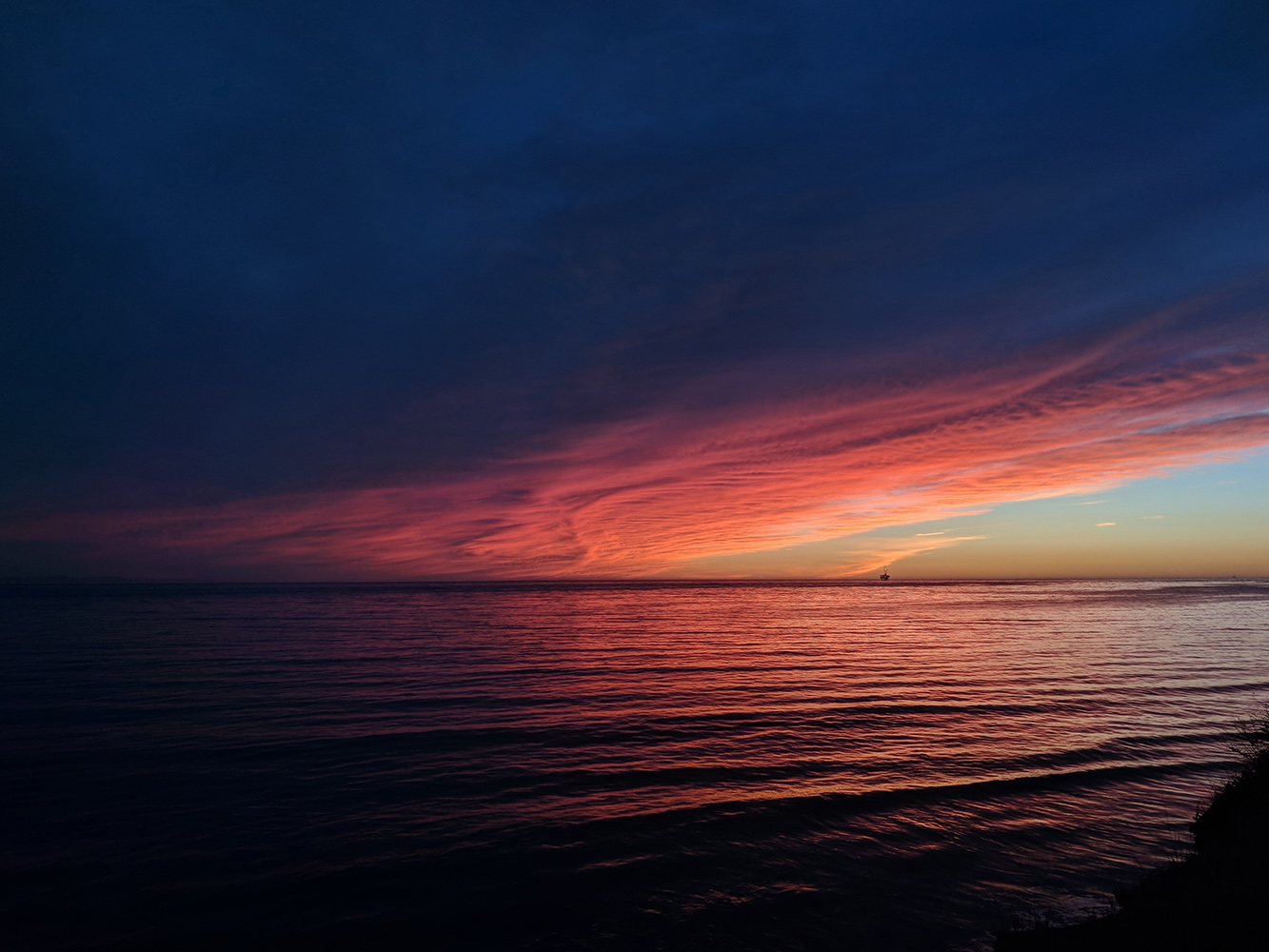
Format Overview
The meeting will alternate between traditional conference style talks, discussion and posters (Mon, Wed, Fri) and field trips (Tue, Thur). The five sessions will start with invited overview talks and comprise a mix of invited and contributed talks with ample time for discussion. All participants will have the opportunity to present a poster.

Session Topics
- Session 1: What processes and boundary conditions control high-temperature (on-axis) hydrothermal fluxes?
- Session 2: What processes and boundary conditions control low-temperature (off-axis) hydrothermal fluxes?
- Session 3: How and why do hydrothermal fluxes vary in space and time in the modern and recent ocean?
- Session 4: How and why did hydrothermal fluxes vary over the Phanerozoic under different boundary conditions?
- Session 5: What might control hydrothermal fluxes on habitable exoplanets and the early Earth?
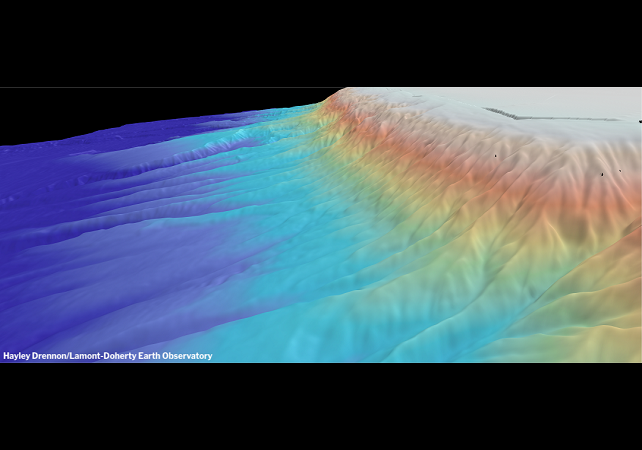
Field Trips
Field trips on Tuesday and Thursday will visit the Troodos ophiolite to observe the traces of hydrothermal processes in this piece of Cretaceous ocean crust. We will visit outcrops from the paleo-seafloor to the mantle. The Troodos ophiolite has the best preserved section of upper oceanic crust of any ophiolite in the word and is recognized as a UNSECO world heritage site - the Troodos Geopark.
Please ensure you have sturdy shoes (not sandals) as we will walk on rough ground in places. The weather in May in Cyprus is typically very pleasant, but we will visit one outcrop at almost 2000 m elevation where it is likely to be cold. The weather can be very warm at lower elevations and it is important to have a sunhat, sun cream, long-sleeved shirt and a large water bottle (or two). It can also be very wet on a rainy day (ensure you have a rain jacket). There are no toilets on the bus but we have scheduled washroom breaks. Boxed lunches will be provided by the Rodon.
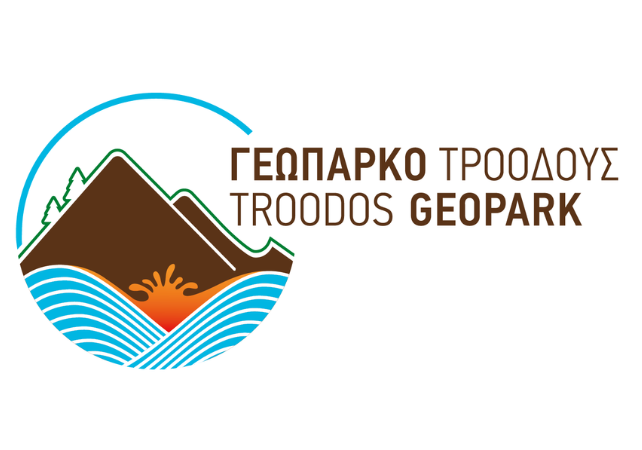
Oral Presenter Guidelines
Please be sure you to bring a copy of your presentation on a USB drive as a backup. Presentations should be formatted to 16:9 if possible. The podium laptop will be a PC.
- Be considerate of other speakers and the audience by staying within your allotted time. The individual presentation time includes 3-5 minutes for discussion and changeover to the next speaker. Session chairs will hold you to the allotted time, which is essential to ensure adequate time for questions and discussion.
- Please discuss the material as reported in your submitted and approved abstract.
- Prepare your presentation in advance so that your ideas are logically organized, and your points are clear.
- Take time to rehearse your presentation. If your presentation runs longer than the allotted time, eliminate the least essential material and rehearse again.
- Give an opening statement to acquaint the audience with the nature and purpose of the study. Speak slowly and clearly. Word choice should be simple: use active words and short sentences.
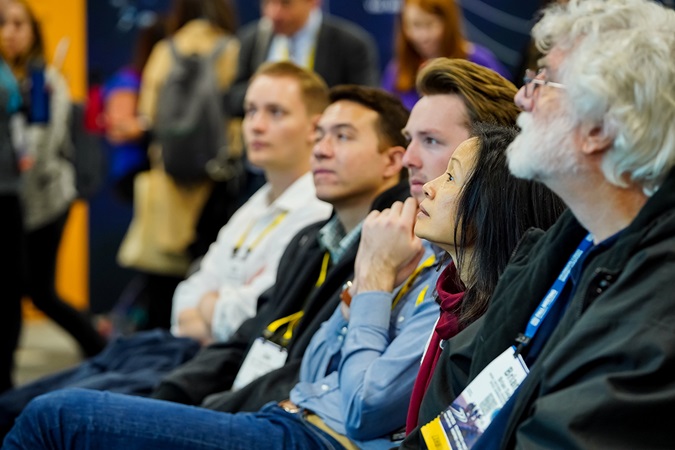
Poster Presenter Guidelines
Each presenter will have a landscape poster space of 180cm W x 120cm H (5.9 feet W by 3.9 feet H). Posters will be displayed for the entire meeting.
The presentation must cover the material as cited in the abstract.
- Place the title of your paper and your paper number prominently at the top of the poster board to allow viewers to identify your paper. Indicate 1) the abstract’s presentation number, 2) title, and 3) authors’ names.
- Highlight the authors’ names, e-mails, and address information in case the viewer is interested in contacting you for more information.
- Prepare all diagrams or charts neatly and legibly beforehand in a size sufficient to be read at a distance of 2 meters. Paragraph and figure caption text should be AT LEAST 24-point font (0.9 cm height) and headers AT LEAST 36 point font (1.2 cm height). Use creativity by using different font sizes and styles, perhaps even color.
- Use different colors and textures/symbols for each line or bar contained in your graph or chart. A serif font (e.g., Times) is often easier for reading main text, and a non-serif font (e.g., Arial or Helvetica) for headers and figure labels.
- Organize the paper on the poster board so it is clear, orderly, and self-explanatory. You have complete freedom in displaying your information in figures, tables, text, photographs, etc.
- Use squares, rectangles, circles, etc., to group similar ideas. Avoid cluttering your poster with too much text. Label different elements as I, II, III; or 1, 2, 3; or A, B, C, making it easier for a viewer to follow your display.
- Include the background of your research followed by results and conclusions. A successful poster presentation depends on how well you convey information to an interested audience
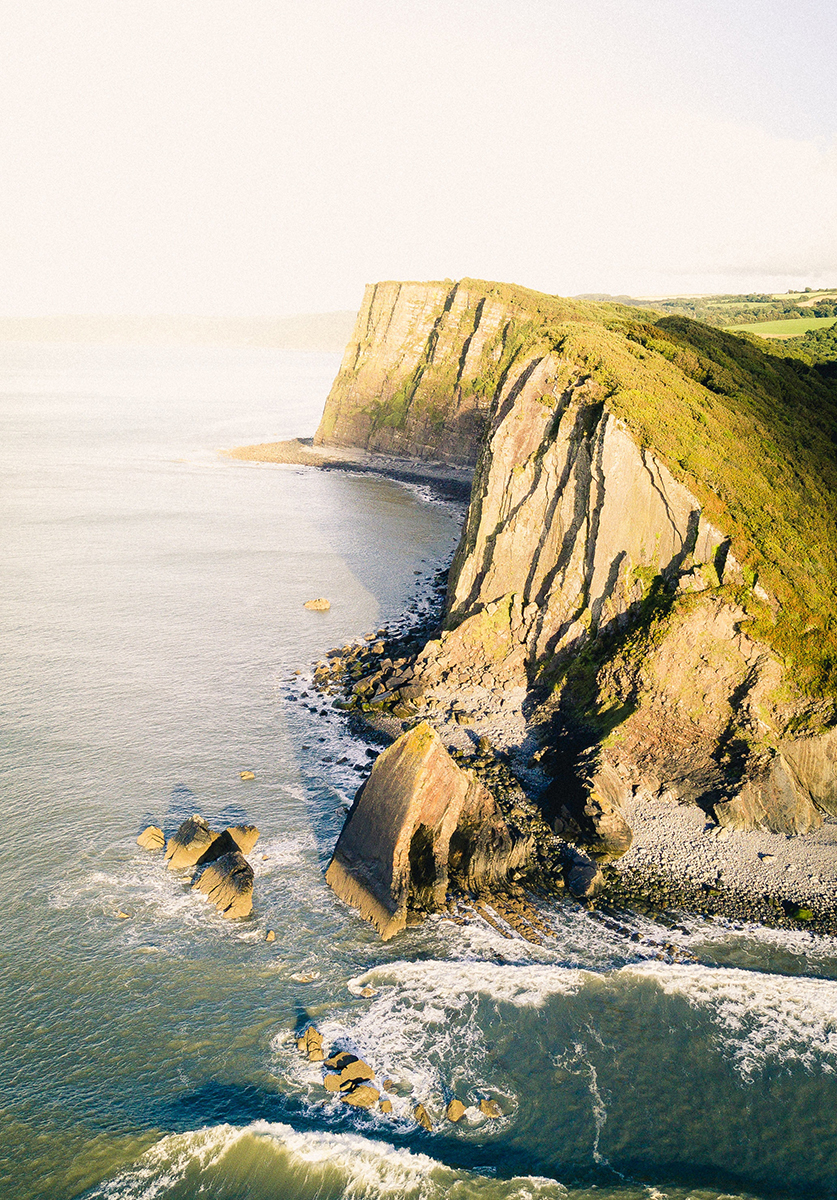
Registration
The registration deadline is 12 April 2023. Registration is limited to presenting authors.
Registration fees will include:
- access to all scientific sessions on Monday, Wednesday, and Friday
- field trips on Tuesday and Thursday
- accommodations at the Rodon Hotel from Sunday, 14 May through Saturday, 20 May
- Dinner on Sunday, 14 May, all meals Monday through Friday, and breakfast on Saturday, 20 May
- Friday banquet dinner
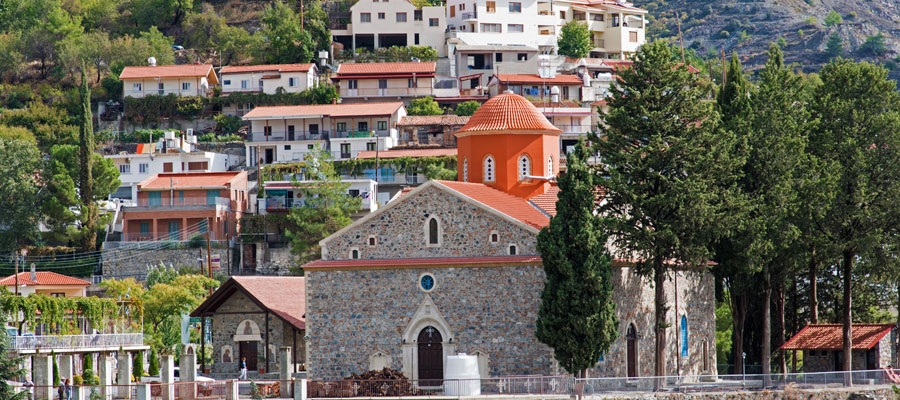
Rates
Professional with single occupancy: $1,200.00 USD
Professionals with double occupancy: $900.00 USD
Students/Low-and lower-middle income country residents with single occupancy: $900.00 USD
Students/Low-and lower-middle income country residents with double occupancy: $700.00 USD
Cancellation Policy
If you must cancel your registration, you must email AGU with written notification.
Registration cancellations received by 12 April 2023 will receive a full refund.
Cancellations received between 13 and 19 April 2023 will have a $50 processing fee deducted.
No refunds will be issued after 19 April 2023.
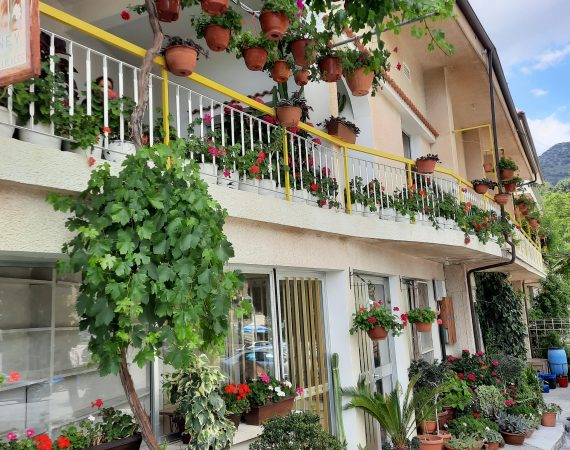
Venue
The Rodon Hotel is the Chapman venue. Attendees will stay, dine, participate in the scientific program, and network at the Rodon in Agros, Cyprus. Agros is a small village, located in the Troodos mountain range.
Learn about Cyprus at https://www.youtube.com/@visitcyprus/videos
Ground Transportation
Sovereign Bus Coaches will be providing transportation for the conference field trips. In addition, they can provide attendee transportation to and from the airport. If you would like to arrange ground transportation with Sovereign Bus Coaches, please email George with your travel details. George will help group attendees together based on arrival/departure times if possible to reduce the cost.
From Larnaka airport
- 3-seater including luggage: €120
- 4-seater including luggage: €140
- 5- & 6-seater including luggage: €170
Transportation from Paphos airport is also available at slightly higher rates.

Hydrothermal Circulation and Seawater Chemistry Chapman Travel Grants
The Chapman Conference conveners are seeking funding to support travel for students and early career scientists. The deadline to apply has passed. If you have any questions please send an email.
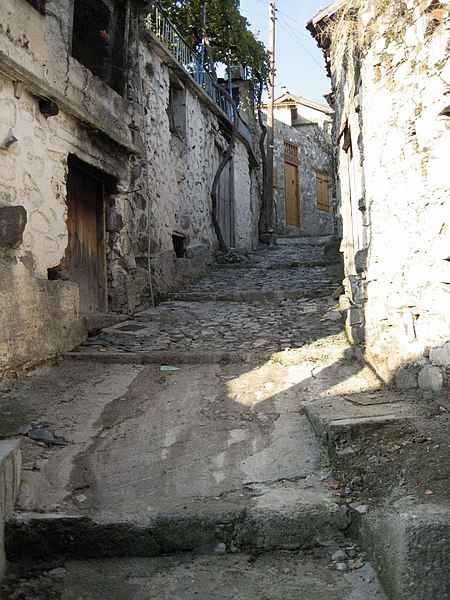
Chapman Conveners
Laurence Coogan, University of Victoria
Sasha Turchyn, University of Cambridge
Ann Dunlea, Woods Hole Oceanographic Institute
Wolfgang Bach, University of Bremen
Thank You to our Sponsors

